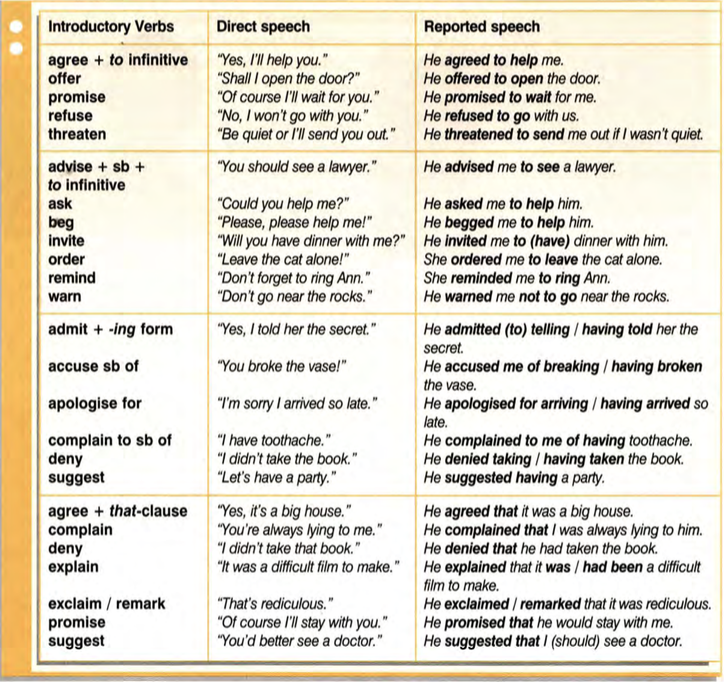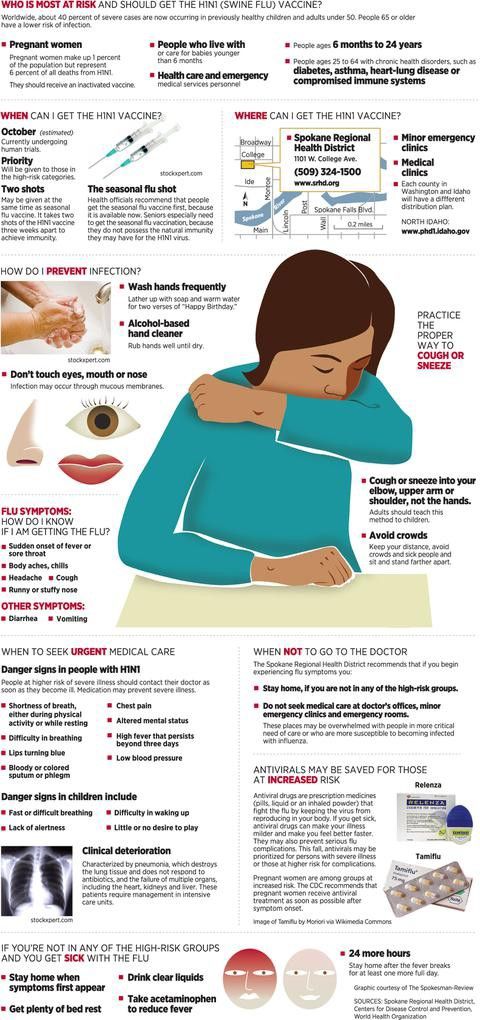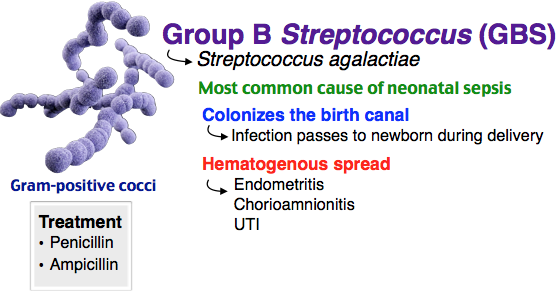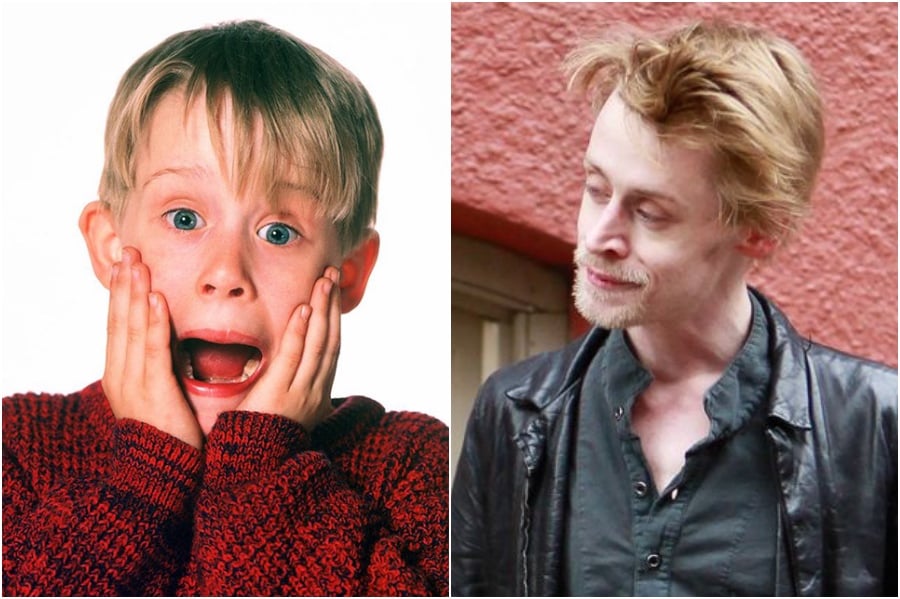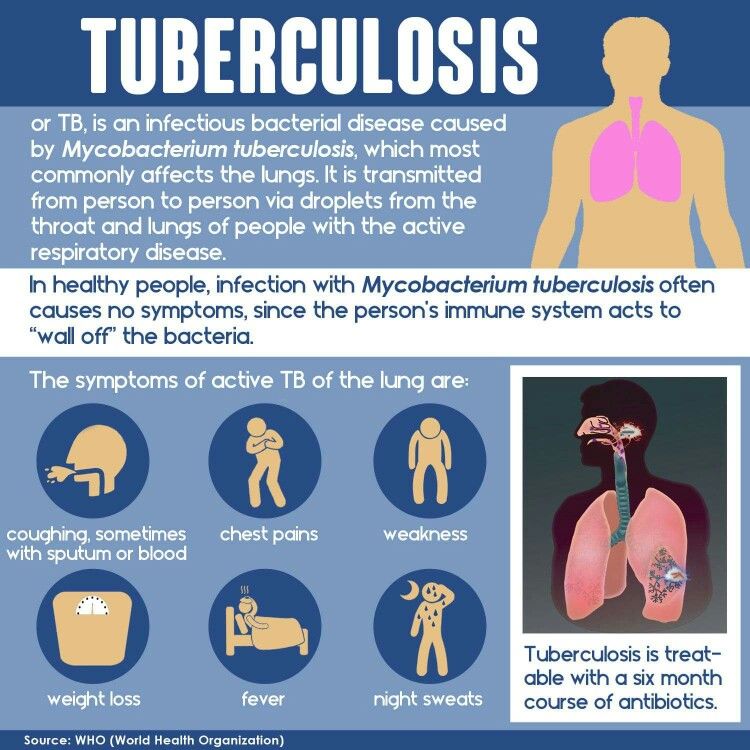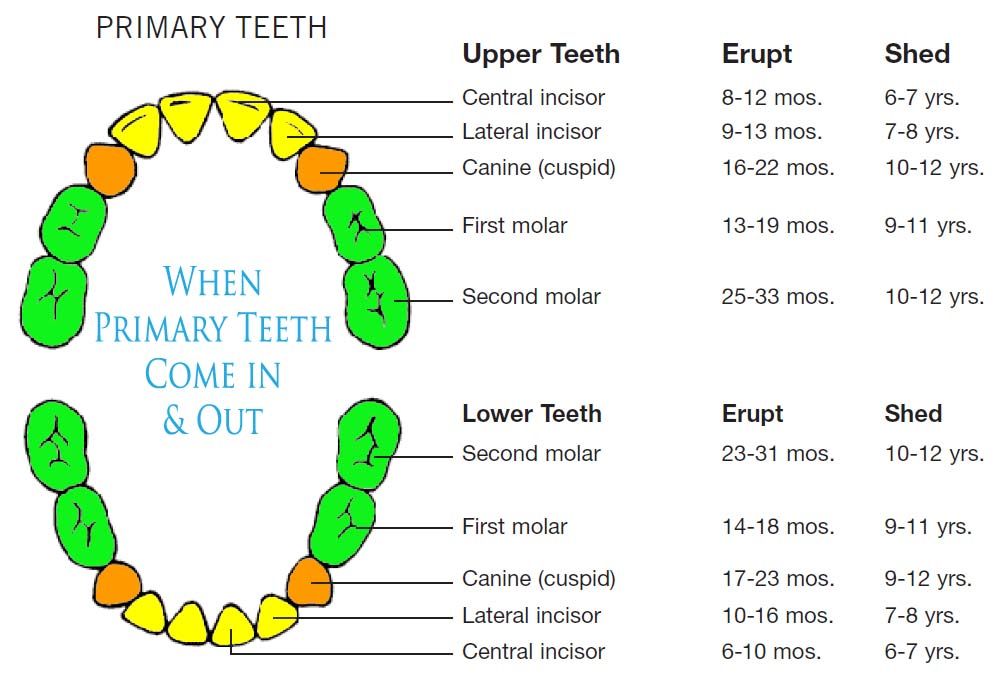How to help child with speech
Delayed Speech or Language Development (for Parents)
As with other skills and milestones, the age at which kids learn language and start talking can vary. Knowing a bit about speech and language development can help parents figure out if there's cause for concern.
How Do Speech and Language Differ?
- Speech is the verbal expression of language and includes articulation (the way we form sounds and words).
- Language is giving and getting information. It's understanding and being understood through communication — verbal, nonverbal, and written.
What Are Speech or Language Delays?
Speech and language problems differ, but often overlap. For example:
- A child with a language delay might say words well but only be able to put two words together.
- A child with a speech delay might use words and phrases to express ideas but be hard to understand.
What Are the Signs of a Speech or Language Delay?
A baby who doesn't respond to sound or vocalize should be checked by a doctor right away. But often, it's hard for parents to know if their child is taking a bit longer to reach a speech or language milestone, or if there's a problem.
Here are some things to watch for. Call your doctor if your child:
- by 12 months: isn't using gestures, such as pointing or waving bye-bye
- by 18 months: prefers gestures over vocalizations to communicate
- by 18 months: has trouble imitating sounds
- has trouble understanding simple verbal requests
- by 2 years: can only imitate speech or actions and doesn't produce words or phrases spontaneously
- by 2 years: says only some sounds or words repeatedly and can't use oral language to communicate more than their immediate needs
- by 2 years: can't follow simple directions
- by 2 years: has an unusual tone of voice (such as raspy or nasal sounding)
Also call the doctor if your child’s speech is harder to understand than expected for their age:
- Parents and regular caregivers should understand about 50% of a child's speech at 2 years and 75% of it at 3 years.
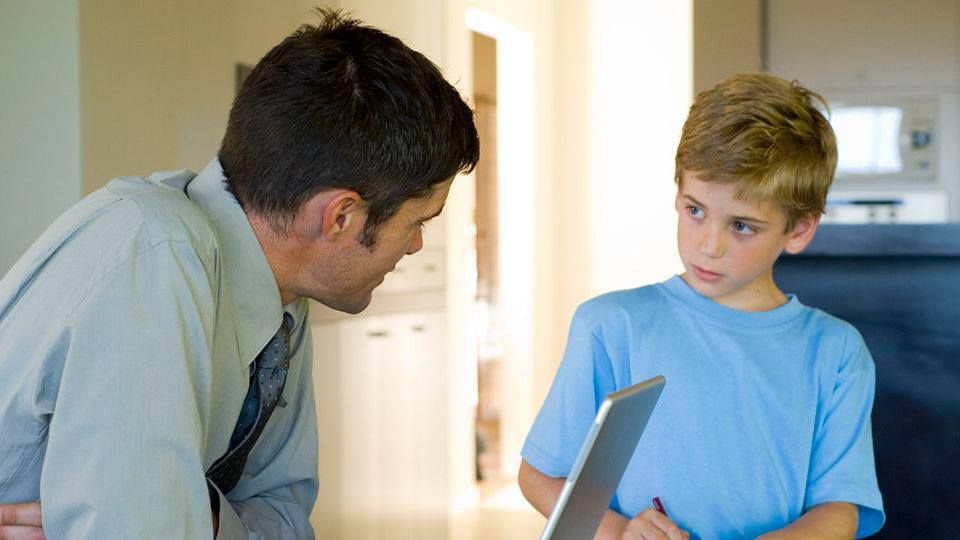
- By 4 years old, a child should be mostly understood, even by people who don't know the child.
What Causes Speech or Language Delays?
A speech delay might be due to:
- an oral impairment, like problems with the tongue or palate (the roof of the mouth)
- a short frenulum (the fold beneath the tongue), which can limit tongue movement
Many kids with speech delays have oral–motor problems. These happen when there's a problem in the areas of the brain responsible for speech. This makes it hard to coordinate the lips, tongue, and jaw to make speech sounds. These kids also might have other oral-motor problems, such as feeding problems.
Hearing problems also can affect speech. So an audiologist should test a child's hearing whenever there's a speech concern. Kids who have trouble hearing may have trouble saying, understanding, imitating, and using language.
Ear infections, especially chronic infections, can affect hearing.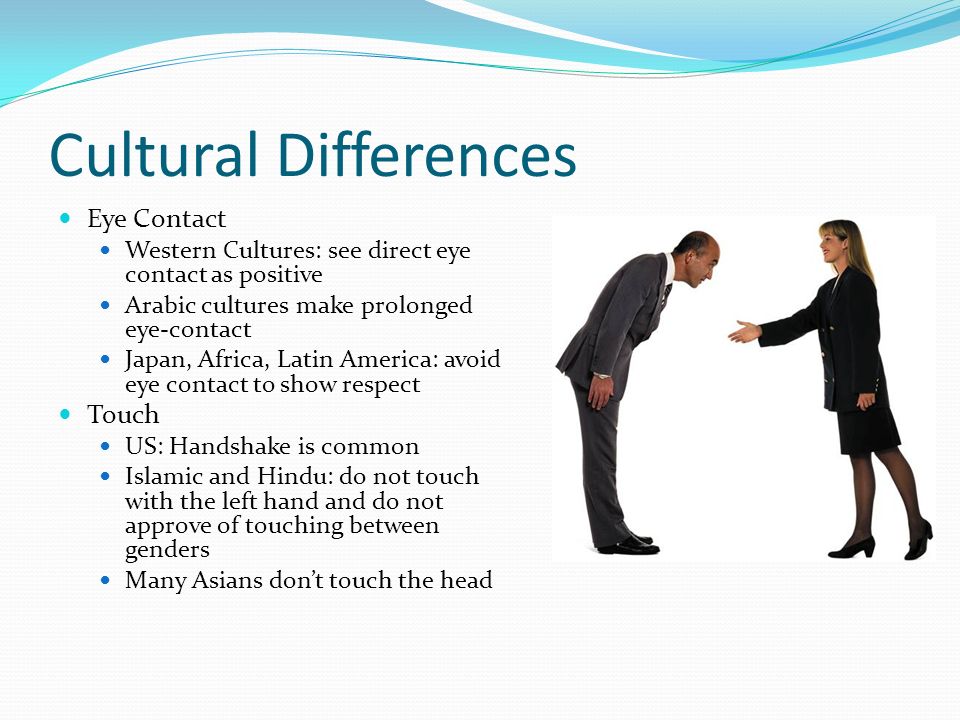 But as long as there is normal hearing in one ear, speech and language will develop normally.
But as long as there is normal hearing in one ear, speech and language will develop normally.
How Are Speech or Language Delays Diagnosed?
If your child might have a problem, it's important to see a speech-language pathologist (SLP) right away. You can find a speech-language pathologist on your own, or ask your health care provider to refer you to one.
The SLP (or speech therapist) will check your child's speech and language skills. The pathologist will do standardized tests and look for milestones in speech and language development.
The SLP also will check:
- what your child understands (called receptive language)
- what your child can say (called expressive language)
- sound development and clarity of speech
- your child's oral–motor status (how the mouth, tongue, palate, etc., work together for speech as well as eating and swallowing)
Based on the test results, the speech-language pathologist might recommend speech therapy for your child.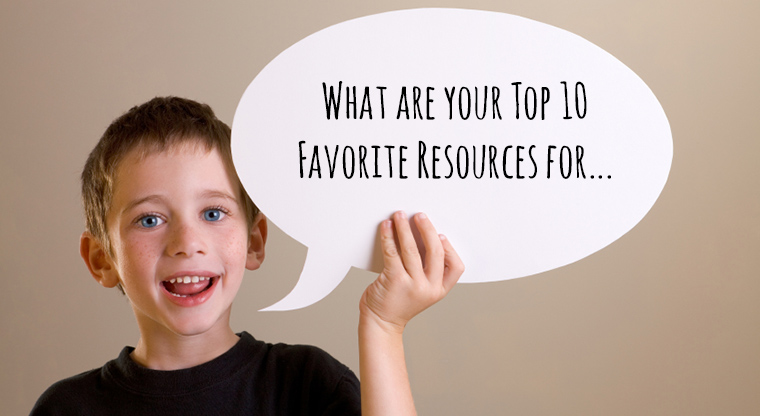
How Does Speech Therapy Help?
The speech therapist will work with your child to improve speech and language skills, and show you what to do at home to help your child.
How Can Parents Help?
Parents are an important part of helping kids who have a speech or language problem.
Here are a few ways to encourage speech development at home:
- Focus on communication. Talk with your baby, sing, and encourage imitation of sounds and gestures.
- Read to your child. Start reading when your child is a baby. Look for age-appropriate soft or board books or picture books that encourage kids to look while you name the pictures.
- Use everyday situations. To build on your child's speech and language, talk your way through the day. Name foods at the grocery store, explain what you're doing as you cook a meal or clean a room, and point out objects around the house. Keep things simple, but avoid "baby talk.
 "
"
Recognizing and treating speech and language delays early on is the best approach. Call your doctor if you have any concerns about your child’s speech or language development.
Reviewed by: Julia K. Hartnett, MS, CCC-SLP
Date reviewed: March 2022
Activities to Encourage Speech and Language Development
You do not have JavaScript Enabled on this browser. Please enable it in order to use the full functionality of our website.COVID-19 UPDATES: Find news and resources for audiologists, speech-language pathologists, and the public.
Latest Updates | Telepractice Resources | Email Us
There are many ways you can help your child learn to understand and use words. See a speech-language pathologist if you have concerns.
Birth to 2 Years
- Say sound like "ma," "da," and "ba.
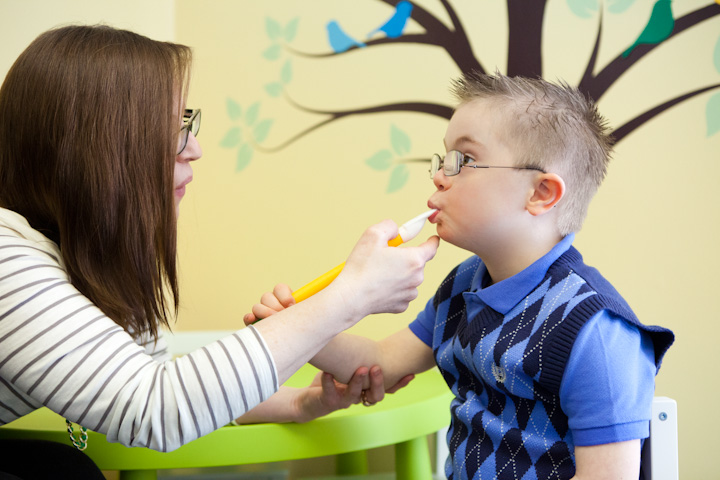 " Try to get your baby to say them back to you.
" Try to get your baby to say them back to you. - Look at your baby when they make sounds. Talk back to them, and say what they say. Pretend to have a conversation.
- Respond when your baby laughs or makes faces. Make the same faces back to them.
- Teach your baby to do what you do, like clapping your hands and playing peek-a-boo.
- Talk to your baby as you give them a bath, feed them, and get them dressed. Talk about what you are doing and where you are going. Tell them who or what you will see.
- Point out colors and shapes.
- Count what you see.
- Use gestures, like waving and pointing.
- Talk about animal sounds. This helps your baby connect the sound and the animal. Use words like "The dog says woof-woof."
- Add on to what your baby says. When your baby says, "Mama," say, "Here is Mama. Mama loves you. Where is baby? Here is baby."
- Read to your child. You don't have to read every word, but talk about the pictures.
 Choose books that are sturdy and have large colorful pictures. Ask your child, "What's this?" and try to get them to point to or name objects.
Choose books that are sturdy and have large colorful pictures. Ask your child, "What's this?" and try to get them to point to or name objects.
2 to 4 Years
- Speak clearly to your child. Model good speech.
- Repeat what your child says to show that you understand. Add on to what they say. Use words like, "Want juice? I have juice. I have apple juice. Do you want apple juice?"
- It's okay to use baby talk sometimes. Be sure to use the adult word too. For example, "It is time for din-din. We will have dinner now."
- Cut out pictures of favorite or familiar things. Put them into categories, like things to ride on, things to eat, and things to play with. Make silly pictures by mixing and matching pictures. Glue a picture of a dog behind the wheel of a car. Talk about what is wrong with the picture and ways to "fix" it.
- Help your child understand and ask questions. Play the yes–no game. Ask questions such as, "Are you Marty?" and "Can a pig fly?" Have your child make up questions and try to fool you.

- Ask questions that include a choice. "Do you want an apple or an orange?" "Do you want to wear your red shirt or your blue shirt?"
- Help your child learn new words. Name body parts, and talk about what you do with them. "This is my nose. I can smell flowers, brownies, and soap."
- Sing simple songs, and say nursery rhymes. This helps your child learn the rhythm of speech.
- Place familiar objects in a box. Have your child take one out and tell you its name and how to use it. "This is my ball. I bounce it. I play with it."
- Show pictures of familiar people and places. Talk about who they are and what happened. Try making up new stories.
4 to 6 Years
- Pay attention when your child talks to you.
- Get your child's attention before you talk.
- Praise your child when they tell you something. Show that you understand their words.
- Pause after speaking. This gives your child a chance to respond.
- Keep helping your child learn new words.
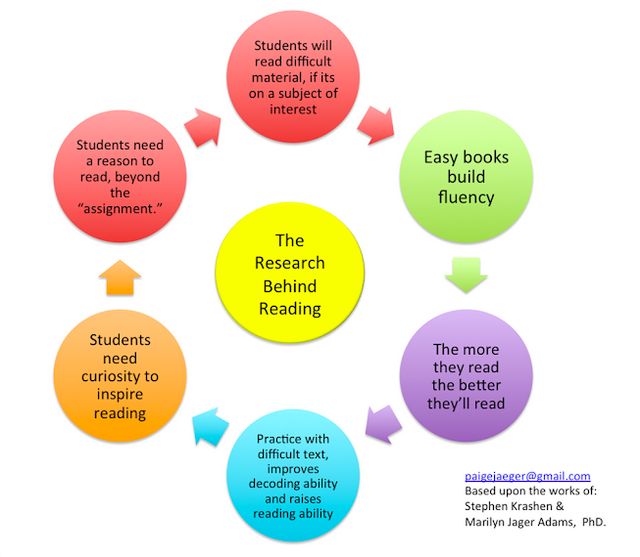 Say a new word, and tell them what it means, or use it in a way that helps him understand. For example, you can use the word "vehicle" instead of "car." You can say, "I think I will drive the vehicle to the store. I am too tired to walk."
Say a new word, and tell them what it means, or use it in a way that helps him understand. For example, you can use the word "vehicle" instead of "car." You can say, "I think I will drive the vehicle to the store. I am too tired to walk." - Talk about where things are, using words like "first," "middle," and "last" or "right" and "left." Talk about opposites like "up" and "down" or "on" and "off."
- Have your child guess what you describe. Say, "We use it to sweep the floor," and have them find the broom. Say, "It is cold, sweet, and good for dessert. I like strawberry" so they can guess "ice cream."
- Work on groups of items, or categories. Find the thing that does not belong in a group. For example, "A shoe does not go with an apple and an orange because you can't eat it. It is not round. It is not a fruit."
- Help your child follow two- and three-step directions. Use words like, "Go to your room, and bring me your book."
- Ask your child to give directions.
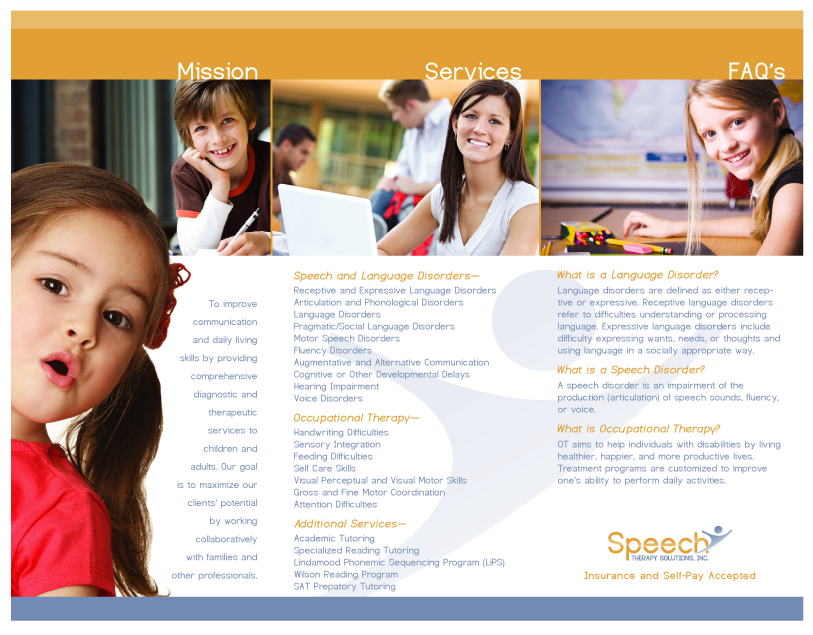 Follow their directions as they tell you how to build a tower of blocks.
Follow their directions as they tell you how to build a tower of blocks. - Play games with your child such as "house." Let them be the parent, and you pretend to be the child. Talk about the different rooms and furniture in the house.
- Watch movies together on TV or a tablet. Talk about what your child is watching. Have them guess what might happen next. Talk about the characters. Are they happy or sad? Ask them to tell you what happened in the story. Act out a scene together, or make up a different ending.
- Use everyday tasks to learn language. For example, talk about the foods on the menu and their color, texture, and taste when in the kitchen. Talk about where to put things. Ask them to put the napkin on the table, in your lap, or under the spoon. Talk about who the napkin belongs to. Say, "It is my napkin." "It is Daddy's." "It is Tamara's."
- Go grocery shopping together. Talk about what you will buy, how many things you need, and what you will make. Talk about sizes, shapes, and weight.

To find a speech-language pathologist near you, visit ProFind.
ASHA Corporate Partners
Site Help | A–Z Topic Index | Privacy Statement | Terms of Use
© 1997- American Speech-Language-Hearing Association
Speech development delay: how to help a child speak
Speech development delay is one of the most pressing problems in child neurology today, which, unfortunately, also affects absolutely healthy children. Often the parents themselves are the cause of the child's speech difficulties. The chief pediatric neurologist of the Ministry of Health of the Tver Region, Galina Anatolyevna Zueva, tells what to do and what should not be done in any case so that the child speaks correctly and on time. nine0003
Hello dear parents!
Today our conversation is devoted to a very important and urgent problem - the speech development of children. In the last few years, we have increasingly heard that a child who does not speak at 2.5-3 years old is a variant of the norm, that there is nothing wrong with that, you need to wait a bit, and speech will appear. In fact, this approach is fundamentally wrong. There are physiological norms for proper speech and mental development, and it is very important to monitor their observance from the very birth of a child. Only in this case, he will be able to develop harmoniously and fully. nine0003
In the last few years, we have increasingly heard that a child who does not speak at 2.5-3 years old is a variant of the norm, that there is nothing wrong with that, you need to wait a bit, and speech will appear. In fact, this approach is fundamentally wrong. There are physiological norms for proper speech and mental development, and it is very important to monitor their observance from the very birth of a child. Only in this case, he will be able to develop harmoniously and fully. nine0003
The main stages in the development of a child's speech
You can start developing your baby's speech from the first day of his birth.
The first thing to notice is how the baby cries. The crying of a child from birth is very different, it becomes especially expressive by the first month of life, from it you can understand what the baby needs: it is cold, it hurts, he wants to eat or go to the toilet, or maybe he just wants his mother to take it in her arms . If the child does everything right intonation, then the attentive mother quickly learns to understand the difference and respond to these “requests”. In this case, mental, and then speech development occurs harmoniously. If the baby cries monotonously, at the same level, and does not respond well to the voice, consult a doctor. nine0003
In this case, mental, and then speech development occurs harmoniously. If the baby cries monotonously, at the same level, and does not respond well to the voice, consult a doctor. nine0003
If the child is healthy and does not have hearing problems, then in response to positive emotions in the second month of life, he begins to “walk”. Together with the "cooing" the first laugh appears - squealing in response to emotional communication with an adult. The sounds of “humming” are already distinguished by a certain variety with a predominance of combinations of guttural and vowel sounds (“gu”, “ge”, “ha”, etc.) With these sounds, he tries to communicate, reacts to what is happening around him. If the baby does not start to “walk”, consult a doctor, he may have a problem with his ears. nine0003
The period of onomatopoeia begins from two months: the baby carefully follows mother's lips when she talks to him, and as if tries to repeat these movements, but so far silently. So, by 3.5-4 months, a true “coo” is formed, where the child focuses on the sound being pronounced, the syllable, as if listening to himself. During the period of true "humming" sounds become long, melodious and more diverse. Along with guttural and vowels, labial sounds and combinations of vowels with labials are increasingly appearing. nine0003
During the period of true "humming" sounds become long, melodious and more diverse. Along with guttural and vowels, labial sounds and combinations of vowels with labials are increasingly appearing. nine0003
By the age of six months, the child begins to babble - he begins to pronounce some individual letters, syllables. During this period, it is important to track intonations - how he speaks, how he cries. At six months, a healthy child should already be chatting, pronouncing certain syllables, repeating specific sounds after his mother. During the period of babbling, imitation of the sounds of an adult becomes more distinct.
By the end of the pre-verbal period, the child's non-verbal forms of communication with others become more complicated. Communication is carried out with the help of both hands, more differentiated facial expressions and sounds. The child stretches his hands to his mother, utters separate sounds, as if asking "take me." Then the facial expressions become more complicated.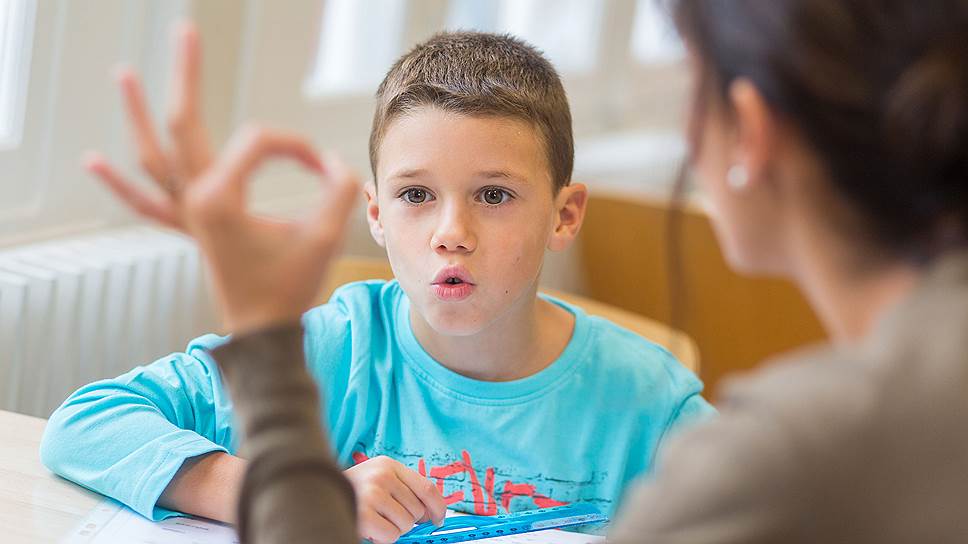 It becomes more expressive, symbolic gestures appear. The child can communicate with one hand. Babble words of various intonations appear. nine0003
It becomes more expressive, symbolic gestures appear. The child can communicate with one hand. Babble words of various intonations appear. nine0003
By the age of one, a child should speak 8 to 10 simple words: “mom”, “dad”, “baba”, “give”, “on”, that is, short simple words of several syllables. It is during this period that early speech development ends and motor speech begins to form as a way of communication between people.
After a year and a half, the child easily pronounces familiar and unfamiliar words by imitation, both addressed to him and accidentally heard from others. Intensive development of motor speech usually begins in the second half of the 2nd year of life. Up to one year and six months, a child pronounces about 30 words that are simple in sound composition. At two years old, the child already speaks more than 200 words, he has almost phrasal speech, he should already be able to formulate a simple thought or request: “Mom, let's go to the store, you promised to buy me a toy. ” At the same time, he can still pronounce some sounds indistinctly. By the age of three, a child's speech has up to 1200-1500 words, including almost all parts of speech. nine0003
” At the same time, he can still pronounce some sounds indistinctly. By the age of three, a child's speech has up to 1200-1500 words, including almost all parts of speech. nine0003
This development is considered normal. But this happens only when the parents constantly talk to the child, tell him stories, sing lullabies. A very big problem today is that live speech is increasingly being replaced by gadgets. Because of this, many children who are initially born healthy from the point of view of neurology do not begin to speak on time.
If a healthy child at 2.5-3 years old does not speak phrasal speech at all and, at best, only speaks single simple words, he has a delay in speech development, and this, unfortunately, must be treated. nine0003
Speech develops gradually
It takes time for a child to learn to speak correctly and build logical, figurative phrases. When a child is just learning to walk, with his mother's help he takes the first uncertain steps, and after six months or a year he already runs, jumps and dances on his own. The same thing happens with speech: it develops gradually. The child not only memorizes new words, but at the same time trains articulatory muscles, learns to control intonation. It takes more than one year. Therefore, if at 3-3.5 years old your child is just beginning to pronounce the first words and build simple phrases like “mom, give me,” then by the age of six, when it’s time to go to school, he will not form a full-fledged phrasal speech. It is important to engage in the development of speech gradually, but from a very early age. nine0003
The same thing happens with speech: it develops gradually. The child not only memorizes new words, but at the same time trains articulatory muscles, learns to control intonation. It takes more than one year. Therefore, if at 3-3.5 years old your child is just beginning to pronounce the first words and build simple phrases like “mom, give me,” then by the age of six, when it’s time to go to school, he will not form a full-fledged phrasal speech. It is important to engage in the development of speech gradually, but from a very early age. nine0003
Causes of delayed speech development
The first and most basic reason is brain damage due to ischemia, hemorrhage, infection. But such deviations are diagnosed immediately, doctors monitor the child and take all the necessary measures. These are the patients with whom the neurologist, psychologist and speech therapist are already working.
But there is a category of patients who are born absolutely healthy. But due to errors in learning, they also begin to delay in speech development. Most often, the reason is the excessive passion of parents for mechanical sound, that is, the sound from a TV, computer, tablet, phone. Children who watch a lot of cartoons or constantly play with singing-talking toys develop passive speech well, but their own active speech is not formed. This is due to the difference in the wavelength of live speech and mechanical speech. In order for the child to start talking, you need to talk with him as much as possible, read fairy tales yourself, sing lullabies. nine0003
But due to errors in learning, they also begin to delay in speech development. Most often, the reason is the excessive passion of parents for mechanical sound, that is, the sound from a TV, computer, tablet, phone. Children who watch a lot of cartoons or constantly play with singing-talking toys develop passive speech well, but their own active speech is not formed. This is due to the difference in the wavelength of live speech and mechanical speech. In order for the child to start talking, you need to talk with him as much as possible, read fairy tales yourself, sing lullabies. nine0003
Never let the TV or radio play in the background in the room where the baby spends time. Of course, if you want to show your child some kind of cartoon or program on a computer, this can and should be done, but after viewing the device must be turned off and put away.
Of course, all these devices and toys allow mom to relax a little or do some other business. But when they replace live communication, this leads to serious problems with the child's psyche. It is better to prevent such things than to catch up for years later. To restore the correct stereotype of speech in a three-year-old child, to change his perception, it takes a lot of effort and time: the child cannot quickly catch up with such gaps, one has to resort to intensive drug treatment, to additional classes with speech therapists. It's a long and difficult road. Why bring it to this when you can do everything right from the very beginning? nine0003
It is better to prevent such things than to catch up for years later. To restore the correct stereotype of speech in a three-year-old child, to change his perception, it takes a lot of effort and time: the child cannot quickly catch up with such gaps, one has to resort to intensive drug treatment, to additional classes with speech therapists. It's a long and difficult road. Why bring it to this when you can do everything right from the very beginning? nine0003
Why you should sing lullabies
Singing lullabies is an important part of raising a child. The most famous lullabies, for example, “bayu-bayushki-bayu”, were invented back in the 5th-6th century, and it is not by chance that we still sing them to children. They are built specifically in the timbre and wave length fluctuations that are understandable to the child, soothe him, develop the brain. There are songs for every age to sing. Singing such lullabies to a small child and simultaneously rocking him in your arms creates the basis for proper mental development.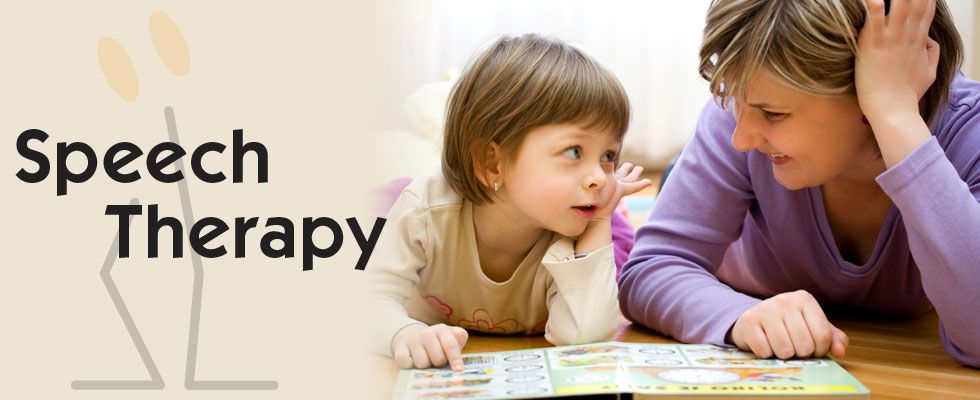 nine0003
nine0003
Now many couples approach pregnancy planning with full responsibility: they lead a healthy lifestyle, take all the tests, read books about the health and upbringing of the unborn child. Include in this preparation and learning at least a few lullabies to sing to your baby. No matter how simple they may seem to you, they contain folk wisdom worked out over the centuries for the proper development of a person, this is very important. Sing these lullabies for at least a year.
By the age of two, when the child already understands phrasal speech well, songs can be selected with more storylines, so that while the mother is singing, he can imagine this picture in his head. nine0003
Talk to your child as much as possible
Do not rush in conversations with the baby, calmly and measuredly tell him what is happening around, voice your actions. Then he will begin to perceive by ear the name of this or that object, this is how passive speech is formed.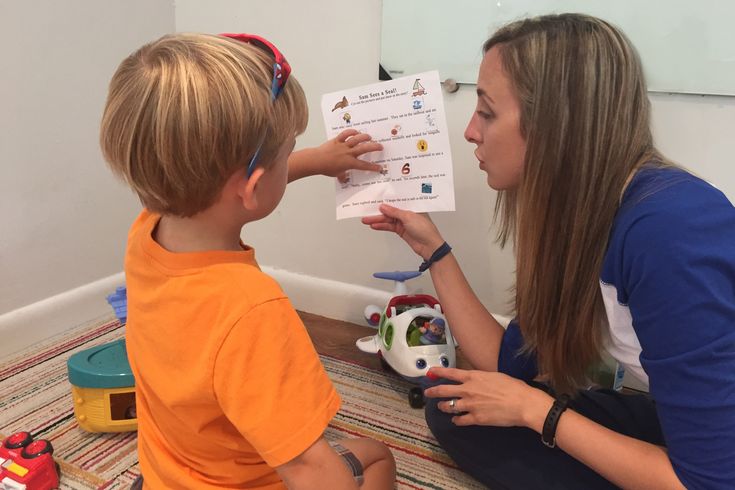 From six months, add details about the color and volume of objects: “small toy”, “red ball”. When you do this consistently, the child learns to hear and understand you.
From six months, add details about the color and volume of objects: “small toy”, “red ball”. When you do this consistently, the child learns to hear and understand you.
This helps to explain to the baby after a year that the panties should be dry, that is, it is quite early to teach the child to the potty, and not to use diapers all the time. At a year and a half, the child is able to hold the bladder, control his pelvic functions. This is one of the important links in mental development. Of course, he will eventually learn to ask to use the toilet himself, but these skills will come much later and no longer in the form in which he would like.
Therefore, it is very important to accustom yourself to talk with the baby as much as possible and limit the mechanical sounds around him as much as possible - these are the most important links in the prevention of speech development delay. If we build this correctly, then at the age of 2.5 the child begins to speak in phrase speech, and parents have no problems with his behavior and learning. If your child at 2.5 years old does not speak, especially if there is no so-called gibberish of his own, he is silent and does not voice the game, asking you for something, then this is not a variant of the norm, this is a problem that needs to be dealt with. nine0003
If your child at 2.5 years old does not speak, especially if there is no so-called gibberish of his own, he is silent and does not voice the game, asking you for something, then this is not a variant of the norm, this is a problem that needs to be dealt with. nine0003
How to talk to a child
- You need to talk to your child in an ordinary timbre, it is this tone and timbre that the child knows from his prenatal state.
- Try to speak in simple phrases, but do not lisp, do not distort words.
- If a child has a problem with vision or hearing, then mom needs to start brightly painting her lips as soon as possible so that he can follow her lips and understand exactly how she pronounces sounds. nine0088
- If a child in the first year of life had problems with swallowing, then, unfortunately, problems with sound pronunciation cannot be avoided. You can start studying with a special speech therapist already in the first months of a baby’s life, even in the pre-speech period.

- Solve all problems as soon as they appear, do not delay and do not wait for it to pass by itself. It won't pass.
Ordinary or speech therapy garden?
So, the child has grown up, and it's time to decide which preschool institution to take him to. At this point, it is important to figure out if your baby has mental and speech problems, and which ones. nine0003
When your baby does not have any serious medical problems, start with a regular garden. If in the first year speech does not level off and does not develop to the desired level, then it is worth applying for the medical and pedagogical commission. It runs from February to June. You can get a referral from the day care center or call them and make an appointment. To pass the medical and pedagogical commission, you must have the conclusion of a neurologist, speech therapist, psychiatrist about the state of health of your child. nine0003
If a child has begun to speak in phrasal speech, but does not pronounce certain sounds, then you can take him to a regular kindergarten, which has speech therapy groups.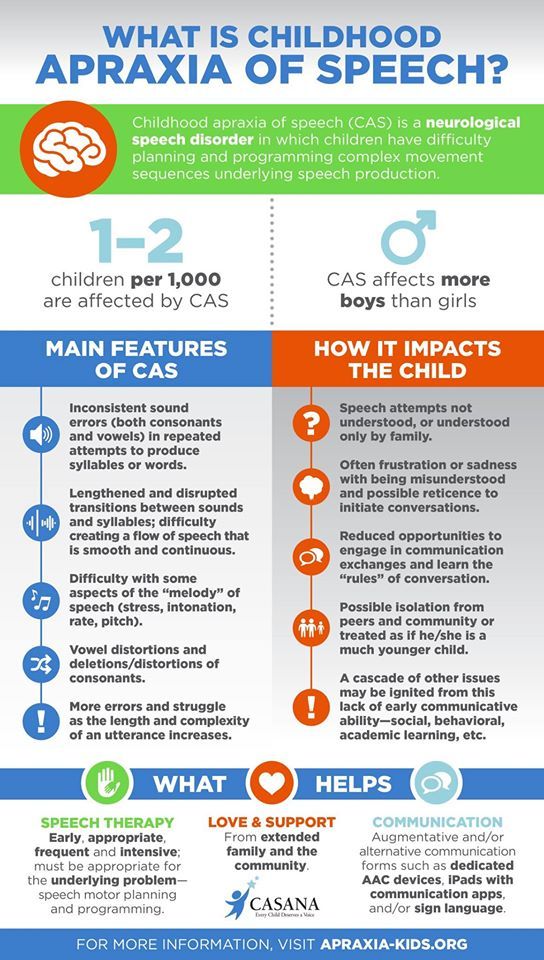 They work with children with normal psycho-speech development, but with incorrect settings for the sounds themselves. Usually a speech therapist starts working with such children from the age of five in order to even out speech and correct all weak sounds by school. On average, it takes three months to set up and fix one sound.
They work with children with normal psycho-speech development, but with incorrect settings for the sounds themselves. Usually a speech therapist starts working with such children from the age of five in order to even out speech and correct all weak sounds by school. On average, it takes three months to set up and fix one sound.
One of the most common disorders in children aged 3-3.5 years is the so-called porridge in the mouth, when, due to a violation of the innervation of the speech muscles, the child cannot pronounce some of the sounds clearly and understandably. In this case, one cannot do without the help of a specialist, it is better to contact a neurologist to establish the exact cause of dysarthria and carry out the necessary treatment, if necessary, it is also necessary to visit a special speech therapy garden. It requires an integrated approach: simultaneous coordinated work of a speech therapist, neurologist and psychologist. nine0003
The Medical and Pedagogical Commission is in charge of assigning children to specialized groups or kindergartens.
And I repeat again, it is much easier to deal with the prevention of speech development delay, so that those children who could speak, but due to insufficient attention from their parents, did not start, did not fall into special groups. To do this, it is important not just to talk with the child, but to hear what he is talking about, try to understand him and respond to his words. I assure you, if you establish this contact from childhood, it will last for a lifetime, help the baby become a good member of the family, society, reliable support and support for you. nine0003
How to prevent stuttering
There are cases when a child doesn't start talking for a long time, while he is being taught, he accumulates a large passive vocabulary, he can compose phrases in his head. If you start his speech process excessively actively, then he will not cope with the flow of speech and will begin to stutter. Most often this happens at 2.5-3 years. Children with tics are especially prone to stuttering (obsessive blinking, blinking, sniffing, and the like).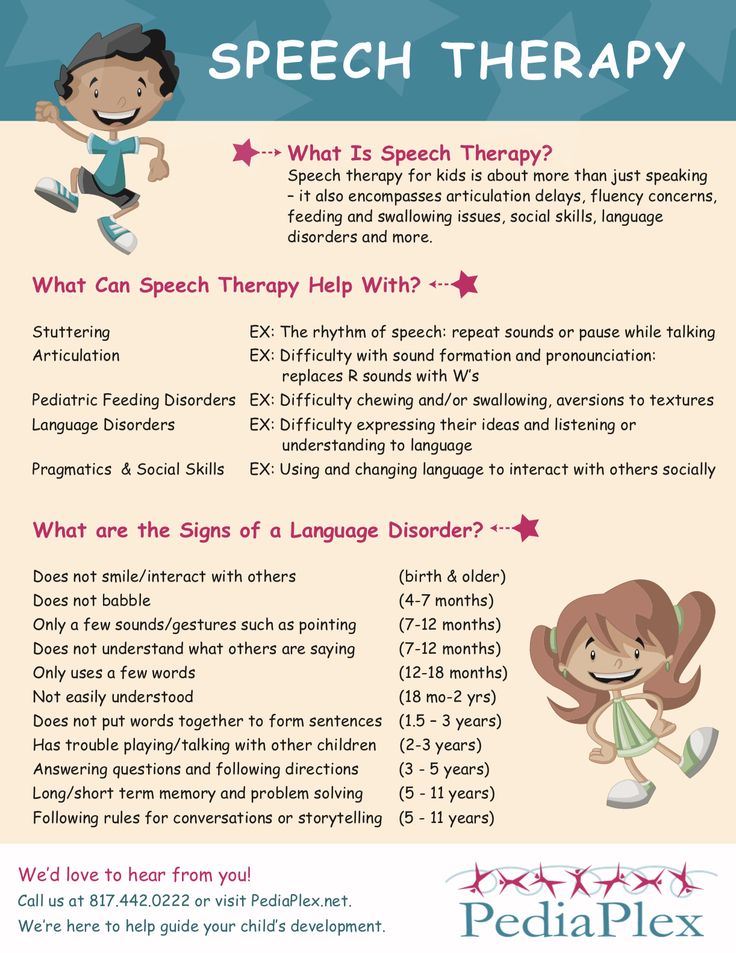 If you notice that at the beginning of speech the child begins to stutter, this is a signal that you need to contact a neurologist to solve the problem. Of all the obsessive-compulsive disorders, stuttering is the most complex and can take years to cure. nine0003
If you notice that at the beginning of speech the child begins to stutter, this is a signal that you need to contact a neurologist to solve the problem. Of all the obsessive-compulsive disorders, stuttering is the most complex and can take years to cure. nine0003
The nipple and speech development of the child
Another important aspect of the prevention of delayed speech development is prolonged use of nipples and prolonged breastfeeding. I mean the situation when a pacifier or mother's breast is in the child's mouth not for calming or feeding, but just like that, in a state of wakefulness. In this case, the problem arises purely mechanical: in order to speak, the mouth must be free, and if the mouth is occupied, then it is impossible to speak - the nipple or chest interferes. nine0003
The pacifier can be used when the baby falls asleep, when sick, when hit, but must be removed when awake. After two years, the pacifier should be discarded completely. This will help to avoid speech problems and maintain the correct bite, which will significantly reduce your financial costs in the future when treating your beloved child's ugly teeth by an orthodontist.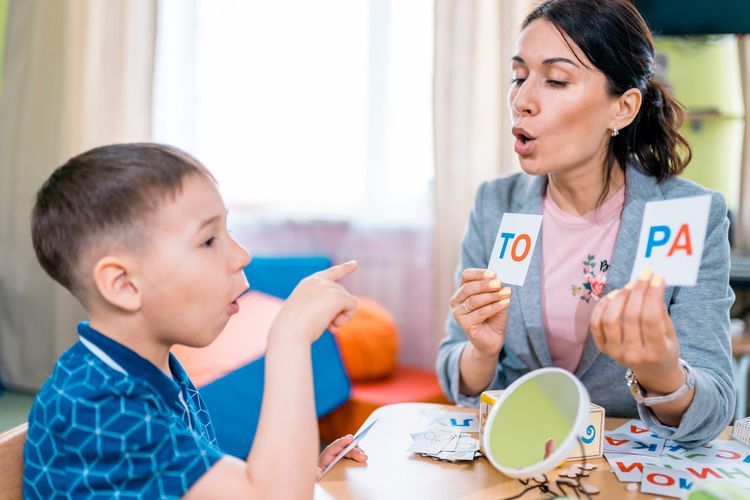
The same applies to the mother's breast. It should be a source of food or a means of sedation, nothing more. Of course, breast milk contains a lot of good substances, but it is needed exactly until the child begins to eat normal human food. Breast sucking is very important for the formation of psychological communication between mother and child. But by the age of two, the child already understands the addressed speech well, he can speak himself, so this connection only strengthens and will not be interrupted after weaning the child from the breast. nine0003
It is important to wean your baby from thumb sucking from the very beginning. By the age of 2.5-3 years, the child should be able to safely do without a pacifier, mother's breast or sucking fingers. Why? During sucking, rocking-translational movements give a feeling of calm, sedation. With age, the child's need for such movements weakens, now he needs to learn about the world around him, to be active. And if the child continues to suck a finger or a dummy, then he automatically transfers himself to the infant period, behaves like a baby and does not give himself the opportunity to fully develop.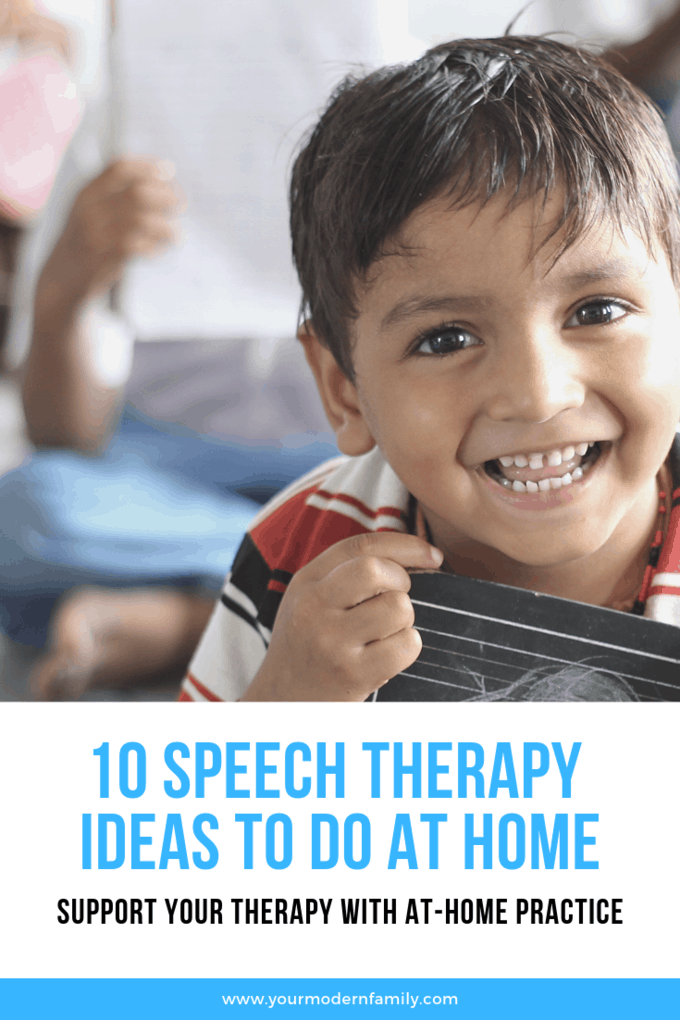 nine0003
nine0003
Gadgets: harm or benefit
Modern devices, on the one hand, are very useful, but when it comes to children, you need to be extremely careful and careful. Nobody says that you don't need to use TV and gadgets at all. This is an important part of modern life, children should be able to master them. But a small child still does not have the skills of speech, movements, motor skills, proper mental development, criticism, self-criticism, and the ability to control oneself are incorrectly formed. Therefore, it is very dangerous to uncontrollably give him something that can provoke improper development. nine0003
In Russia, little is said about this, and today in most families gadgets are used beyond the permissible limits, for each family member, including a baby, there are two to three gadgets. At the same time, in the same high-tech Japan, children are allowed to use a telephone or computer only from the age of five, when the nervous system has matured.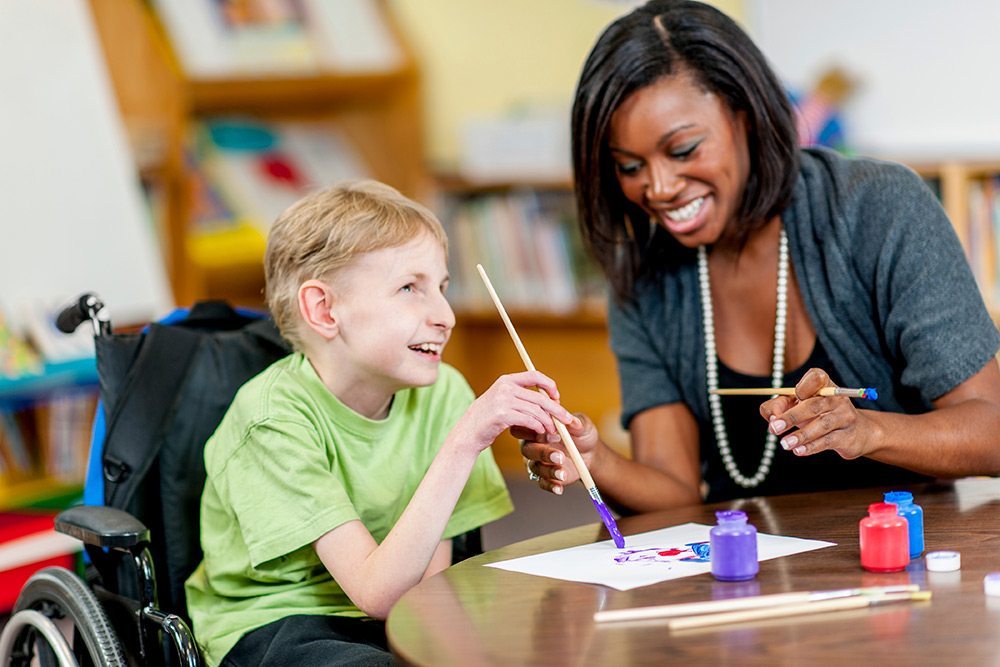 And I agree with their approach. Yes, you can include some educational games or cartoons for your child, but no more than 30-40 minutes a day on a good screen with good sound. Tablets and smartphones are best avoided because young children quickly form color and tactile addictions. nine0003
And I agree with their approach. Yes, you can include some educational games or cartoons for your child, but no more than 30-40 minutes a day on a good screen with good sound. Tablets and smartphones are best avoided because young children quickly form color and tactile addictions. nine0003
Into the wilderness, to the village
Finally, I would like to advise all parents to spend more time outdoors with their children. This will be especially useful for kids who have problems with psycho-speech development. The best thing is to leave for a few weeks or even months in the countryside, where there are only living sounds of nature from a running stream, the rustle of leaves on trees, the buzzing of a bee and other sounds, where there is no urban, mechanical sound from the buzzing of wires. This will not only help normalize sleep, give peace of mind, but also enable the child’s brain overloaded with information to rest and gain strength to overcome all difficulties in speech development.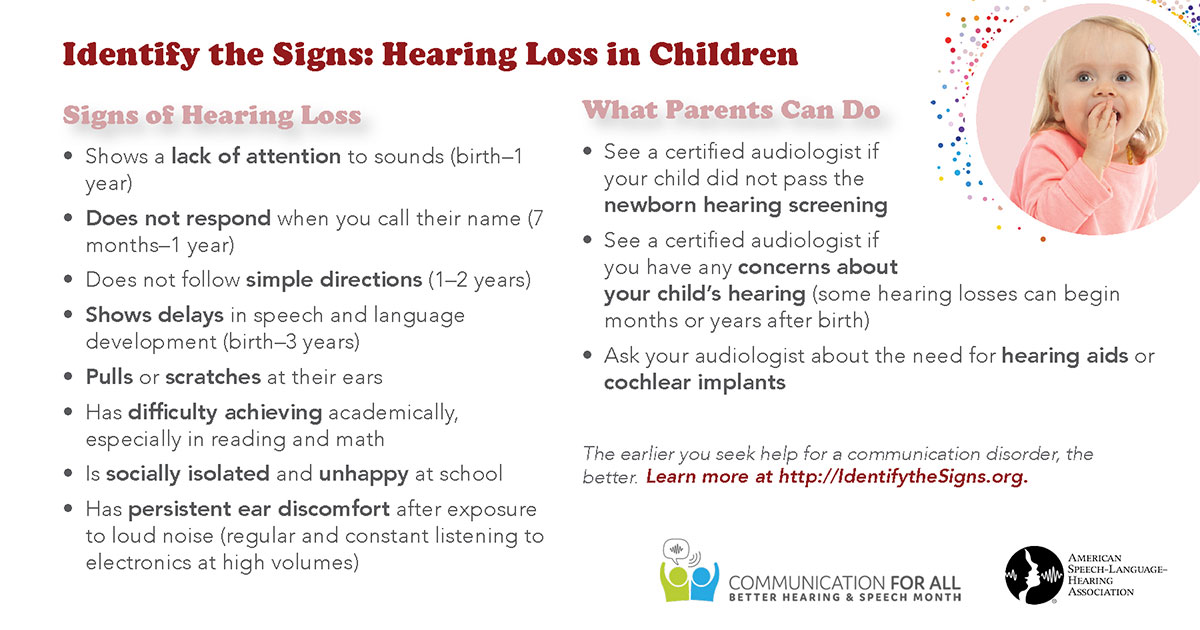 nine0003
nine0003
Be healthy! Good luck to you and your children!
Speech disorders in children. How to help a child?
Currently, it is recommended that a child undergo medical examinations every time a new stage in the life of a growing person begins. Whether it's kindergarten or school, doctors' opinions are required. And everything seems to be fine, when suddenly a diagnosis such as ZRR or ONR pops up. Three letters and so many experiences for mom. In this article, we will try to figure it out.
ЗРР or Delayed speech development
The concept delayed speech development includes all forms and varieties of speech disorders of both functional and organic origin. The reason for the delay in speech development may be organic lesions of the cerebral cortex or a delay in its maturation. The delay in speech development is expressed, first of all, in the late onset of the development of speech in children, in gross violations of the phonemic structure of the child's speech, in poverty and extreme limitation of vocabulary, in difficulties in mastering grammar.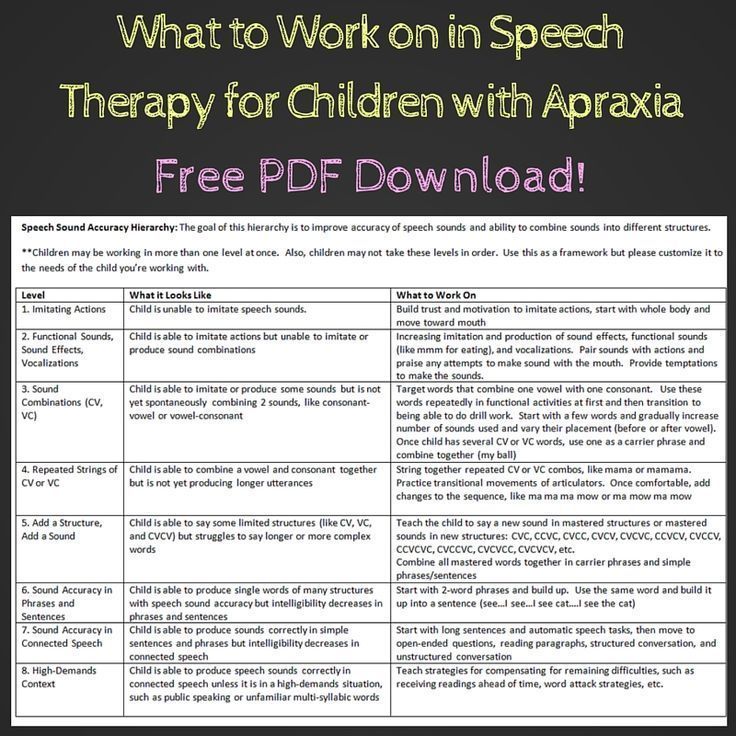 nine0003
nine0003
The speech of such children is relatively well-formed, but, unlike the speech of usually developing children, it is characterized by impaired sound pronunciation, incorrect choice of words, and impaired connection of words (coordination, control).
Despite the fact that the definition sounds rather scary, but to whatever extent this violation is manifested, the RRR is temporary. The good news is that this problem can be dealt with with additional work on a special technique. nine0003
If a child diagnosed with ADHD is not treated at preschool age, the diagnosis of ADHD will be made during the examination at the school or by the speech therapist at the school.
OHP or General underdevelopment of speech
General underdevelopment of speech - are various complex speech disorders in which children with normal hearing and intelligence have impaired formation of all components of the speech system related to its sound and semantic side.
P.E. Levina, a Soviet teacher, psychologist, founder of Russian speech therapy, reduced all the variety of speech underdevelopment to three levels of speech development. They reflect the typical state of all components of the language in children with ONR. nine0003
The first level is the so-called "speechless children". These are children who use only babbling words and onomatopoeia, gestures and facial expressions. For example, “beep” can mean all vehicles, and a sound like an animal growl can mean all animals capable of growling.
The second level - distorted analogues of words are added to babbling words, violation of the syllabic structure of words. For example, "apple" can be "tank", "labaka". Phrasal speech is observed here. Answers to questions on the pictures, but the understanding of the speech addressed to the child remains incomplete. nine0003
The third level is already developed everyday speech without gross lexico-grammatical and phonetic deviations.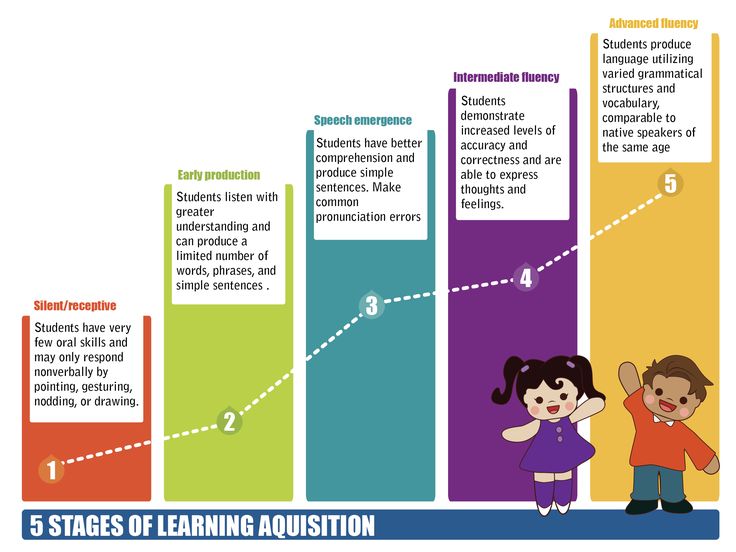 There is an inaccurate knowledge and use of many words, children enter into a conversation only in the presence of familiar people.
There is an inaccurate knowledge and use of many words, children enter into a conversation only in the presence of familiar people.
To cope with the general underdevelopment of speech, it is necessary to work with a speech therapist in the following areas: development of attention and memory; nine0003
- With children at the second level of development, it is necessary to work on the ability to answer questions and ask them independently. It is necessary to bring the child to a dialogue, the process of which fixes all forms of speech that are understandable and simple for children, all kinds of necessary phrases. We make sentences with the children on questions, and then we combine these sentences into short stories. We memorize what happened and just poems.
- With children at the third level, we develop and continue to improve coherent speech, we try to learn the lexical and grammatical means of the language in practice, it is necessary to continue working on the correct sound pronunciation. You can also begin to master the elements of literacy. Getting ready for school. nine0003
You can also begin to master the elements of literacy. Getting ready for school. nine0003
Phonetic and phonemic underdevelopment of speech (FFNR)
Phonetic and phonemic underdevelopment - is a violation of the processes of formation of the pronunciation side of speech in children with various speech disorders due to defects in the perception and pronunciation of phonemes (sounds).
In this case, the child has normal hearing and intelligence. At the age of five, he has a well-developed phrasal speech, he talks interestingly about what he saw and heard, but at the same time he does not pronounce some sounds quite correctly. When diagnosing, he does not distinguish by ear some of them and cannot repeat the sequence of sounds in a word. nine0003
If a child with such a diagnosis does not complete a course with a speech therapist on time, then problems await him at school: dyslexia (reading disorder) and dysgraphia (writing disorder), and sound pronunciation disorders remain with him for life.
Very similar to FFNR, but has only three letters in the name - this is FNR or Phonetic Underdevelopment of Speech.
Phonetic speech disorder (FND) - articulatory motor disorders or insufficient formation of articulatory motor skills. The child cannot correctly perform the movements of the organs of articulation, especially the tongue, as a result of which the sound is distorted (motor speech disorder). nine0003
This violation is quite easily eliminated by special articulation exercises, which help not only to deliver the missing sound in speech, but also to improve diction in general.
Phonemic speech disorder (FNR) - due to insufficient formation of phonemic hearing, the child does not hear the difference between sounds and pronounces them incorrectly (sensory speech disorder).
The low level of phonemic perception in life is expressed as follows:
- Inability to hear sounds in one's own and other people's speech
- Violation of mental actions on sound analysis and word synthesis.
